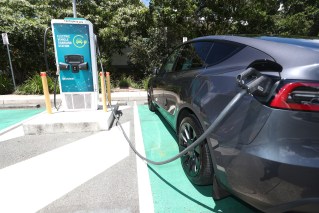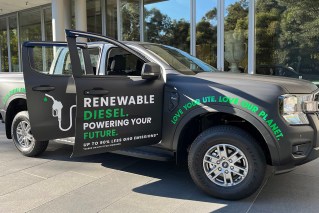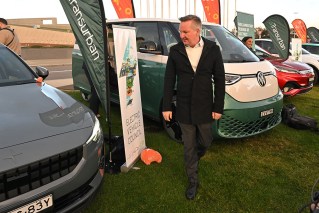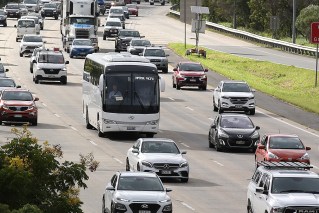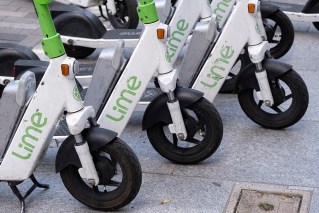As Falcon sales dive, Ford set to shed more jobs
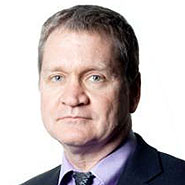
Automaker Ford is expected to announce another round of job cuts just a day after figures showed sales of the flagship Falcon have slumped over the last year.
The car company, which in 2013 announced that it would stop making cars in Australia in 2016, will reportedly shed up to 300 jobs possibly in June as local car buyers abandon the once-iconic local manufacturer. The company was expected to lose 1200 jobs when it shuts down operations.
The latest round of job losses is expected to hit the Broadmeadows and Geelong operations in Victoria. The company is expected to make an announcement today.
Ford confirms 300 jobs to go, both Broadmeadows and Geelong affected @theheraldsun
— Stephen Drill (@steveheraldsun) February 6, 2014
Over the last 12 months, sales of the locally-made Ford Falcon and Territory have continued to fall, raising renewed questions over whether the company’s Victorian plants could close or scale back production before the closure.
The latest new car sales data revealed that just 461 Falcons and 681Territory sport utility vehicles (SUVs) were sold in January, which amounted to a drop of sales of more than 40 per cent for both models from 2013.
Ford Australia spokesman Wes Sherwood said on Wednesday the company was sticking to its plan to produce a new model Falcon and Territory later this year, while still ending local manufacturing by October 2016.
But Mr Sherwood left open the possibility that Ford could reduce its local output further in coming months, before the new models went on sale. “We have always said that we’re going to monitor market conditions and match production to demand.”
In 2003, sales of the Falcon peaked when over 93,000 sedans and utes were sold, with the Territory only starting local production in the following year.
In 2013, Ford sold 15,289 Falcon sedans and utilities plus 14,261 of the Ford Territory, for total sales of 29,550.
The decline of sales is important because car makers need approval from the Federal government to receive funding under the Automotive Transformation Scheme if their annual production falls below 30,000.
This has occurred as the market segment for large cars has shrunk, with consumers opting for smaller, more fuel-efficient vehicles.
Ford has about 3200 workers, who are mostly based at its assembly plant in Melbourne’s northern suburbs and at an engine plant and body shop in Geelong.
GM Holden plans to shut its Adelaide assembly plant by 2017 but sales of the new model Commodore were up by about 43 per cent, while the smaller Cruze was up 9 per cent. Both cars are made locally.
Toyota will decide the future of its Melbourne assembly plant later this year, but the Abbott government has so far taken a strong stand against industry assistance to the local car industry and industry insider fear that it, too, will stop local production.
Sales of the locally made medium sized Camry were up to above 1000 units for the month. The company mostly exports its Australian output to the Middle East and that will be boosted over time by the fall in the Australian dollar.
The VFACTS data released by the Federal Chamber of Automotive Industries showed the Mazda3 was Australia’s biggest selling car in January, with 4561 vehicles sold.
Car industry source said the higher sales for Mazda3 were mostly due to the run-out of the existing Mazda3, ahead of a new model going on sale in February.
In second spot was the Toyota Corolla with sales of 2,914, while the Toyota Hilux utility was third with 2,544 sales.
Australia’s overall new car market of 82,285 was down 3.7 per cent on the same month in 2013, with the strongest mark segment being small SUVs which were up almost 18 per cent from 2013.
FCAI chief executive Tony Weber said the January sales data was helped by a 9 per cent increase in government purchases, while business buying fell by 8 per cent.


